HOME EXPLORE SL
Explore Sri Lanka
Festivals
Duruthu Perahera - January
Located just six miles from Colombo and overlooking the Kelani River, the 2,600 year old Kelani Raja MahaViharaya is central to the Buddhist philosophy. Written accounts from the Mahavamsa say the Lord Buddha visited the temple in 523 BC, where he was invited to preach at the invitation of the king. Every year devotees assemble during the full moon of January for a procession of song, dance and light known as the `Duruthu Perahera'. The eclectic atmosphere is a mix of ancient tradition and modern interpretation, with drums featuring prominently, alongside elephants, fire dancers and revelry of all sorts.
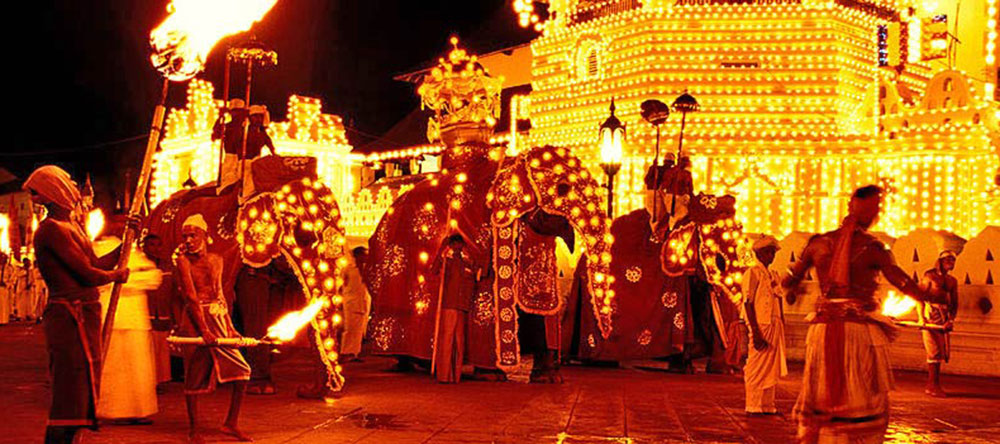
Thai Pongal - January
Thai Pongal is a Tamil harvest festival celebrated between the 13th and 16th of January. In Tamil the word ‘pongal’ means overflowing and much of the celebration is centered on themes of abundance and prosperity. Homes and places of worship are often intricately decorated, seasonal meals prepared and a host of special activities take place in Tamil communities around the island.
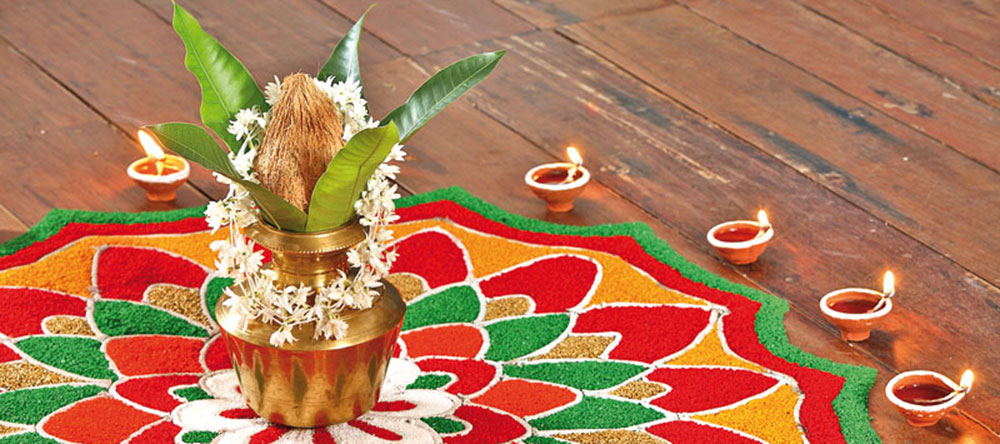
Independence Day - February
Annually on the 4th of February, Sri Lanka celebrates independence from British rule, which was gained in 1948. Numerous ceremonies can be observed around the island, the most illustrious in recent times being the parade and commemorative ceremony at Independence Square. Most of the city’s mercantile sector shuts down for the day and a generally festive atmosphere prevails, making it an ideal time to explore some of Colombo’s busier districts, minus the usual hustle and bustle.
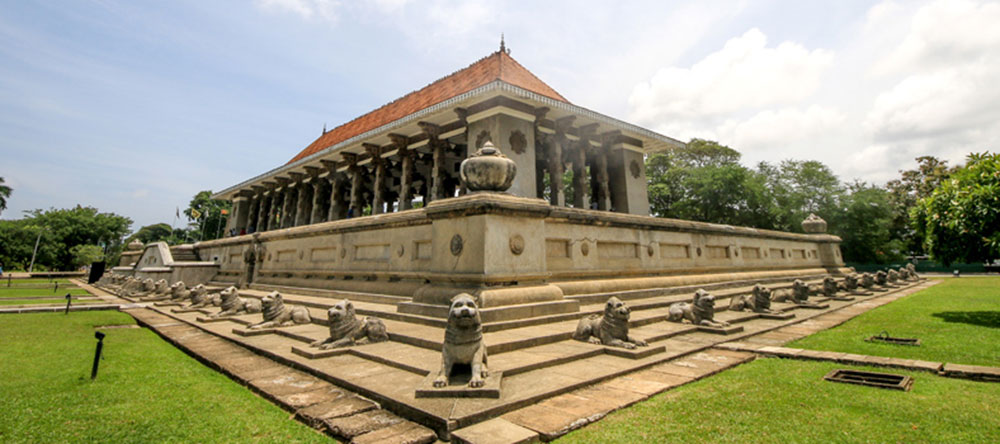
Navam Perahera - February
Taking place right in the heart of the city the 'NavamPerehara' organized by the Gangaramaya Temple is a festive celebration with deeply spiritual undertones. Drummers, dancers, mascots representing the many provinces of the island, elephants, stilt walkers, fire dancers and many more, take to the streets for a cultural tour de force that is vibrant, mesmerizing and throbbing with energy.
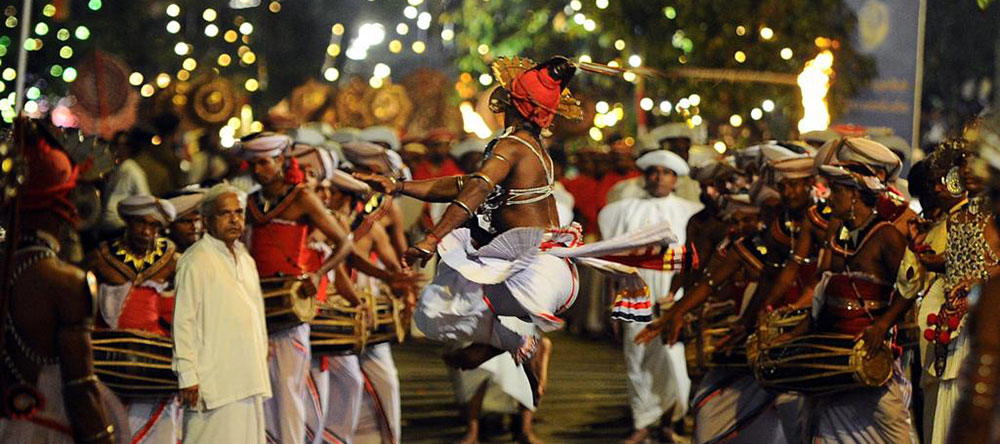
Maha Shivaratri - February
Maha Shivarathri is a Hindu festival which celebrates the birth of the lord Shiva. It is customary for devotees to fast and limit their dietary consumption to just milk and fruit as a means of preparation for the various religious ceremonies. Procession for the fervent are also common in many cities and these colorful, lively affairs are surprisingly accessible, even if you’ve never witness one before.
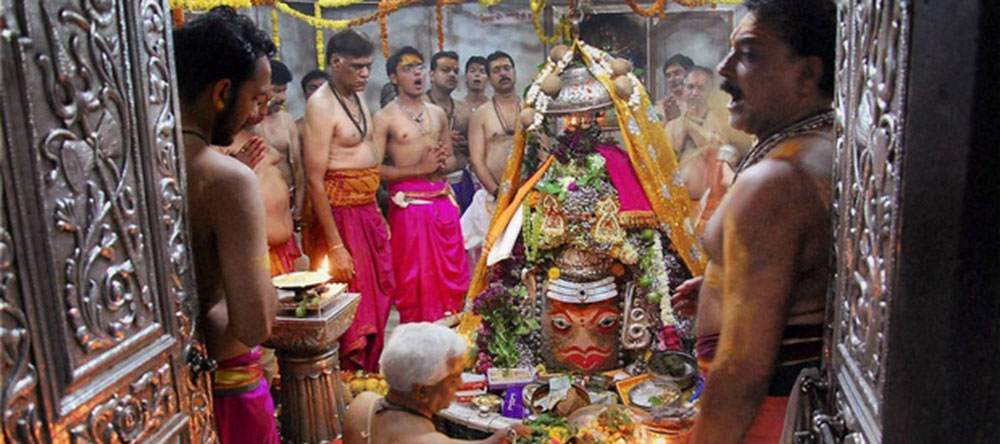
Good Friday - April
A Christian day of obligation that commemorates the crucifixion of Jesus Christ. Christians fast avoid the consumption of meat and dress plainly, services are held in churches around the island, along with other religious formalities throughout the day all the way through to Easter Sunday.
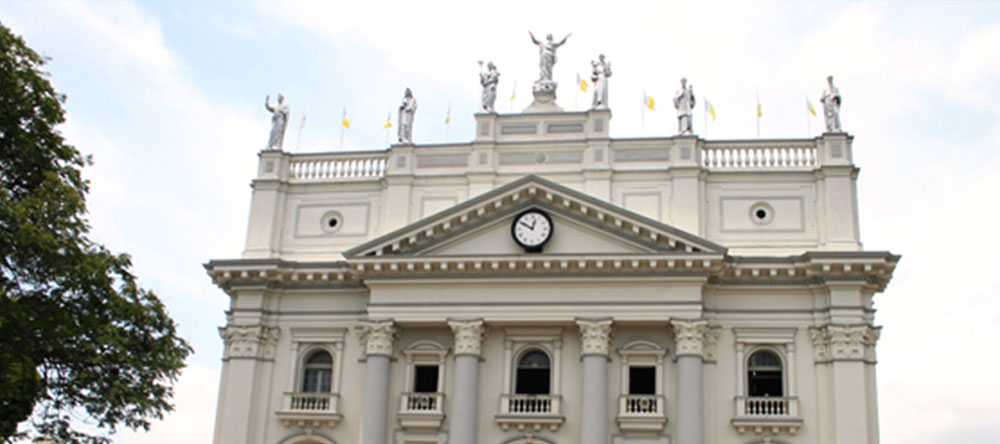
Sinhala & Tamil New Year - April
According to the Buddhist calendar it is customary to celebrate the New Year during the month of Bak, which both the Singhalese and Tamil observe on the 13th and 14th of April. Traditionally this marks the end of the harvest season and often involves intricate preparation, followed by a lengthy celebration. The lighting of the traditional oil lamp, the preparation of customary sweet meats and the observation of various rituals during auspicious times are all a part of the festivities. Communities come alive with song, dance and games of skill as the whole of Sri Lanka comes alive and celebration can even last up to a week, in certain parts of the island.
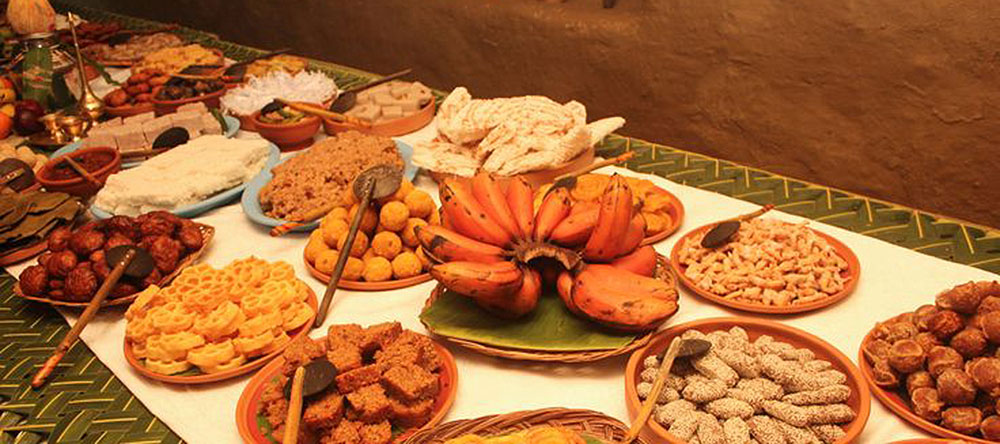
Esala Perahera – July or August
The Esala perahera marks the fusion of two separate but related festivals the Esala and Dalada. The Esala perehera which dates back to the 3rd century BC and was held primarily as a way of honoring the Gods, while praying for rainfall. This combined with the Dalada Perahera which began when the sacred Tooth Relic of the Buddha was brought to the island from India, in the 4th century BC. The occasion is an important event for devotees of Buddhism, with the creativity and ingenuity of those involved on full display, marked by animated processions and vibrant celebrations.
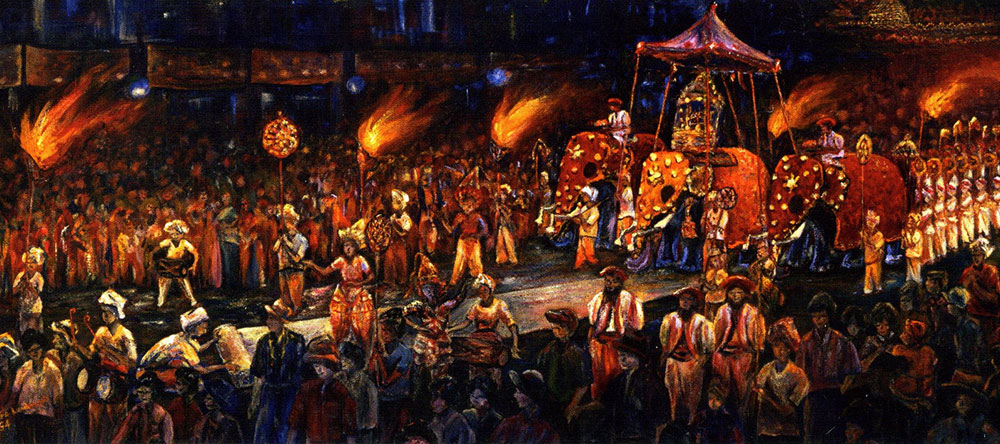
Ramazan - November
One of the most important days on the Muslim calendar, the annual observation of Ramazan is regarded as one of the five pillars of Islam. The special days is often spent with family and close friends, in the sharing of festive food and celebration.
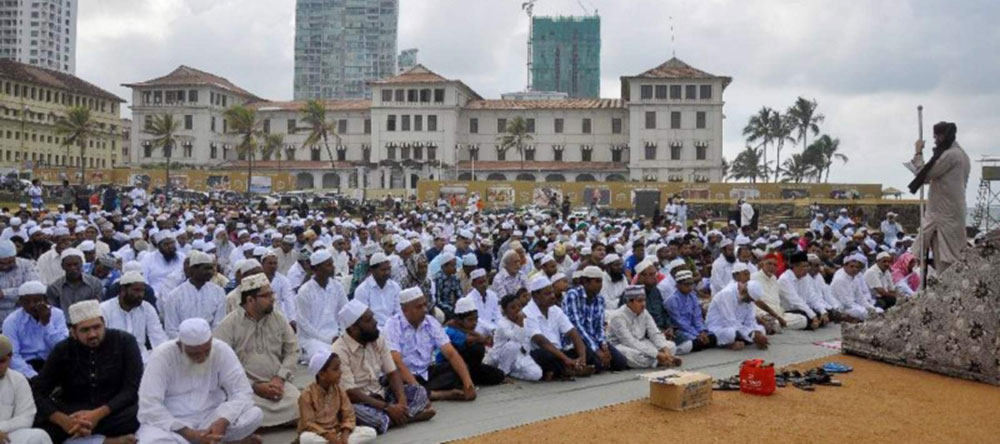
Deepawali - November
Deepawali celebrates the triumph of light over dark and is undoubtedly one of the most colorful celebrations of its kind. Preparation for the festival of light involves rituals that last up to five days, culminating at the darkest new moon night. It is tradition for Hindus to dress in their most lively attire, accompanied by the sharing of gifts and the preparation of traditional food.
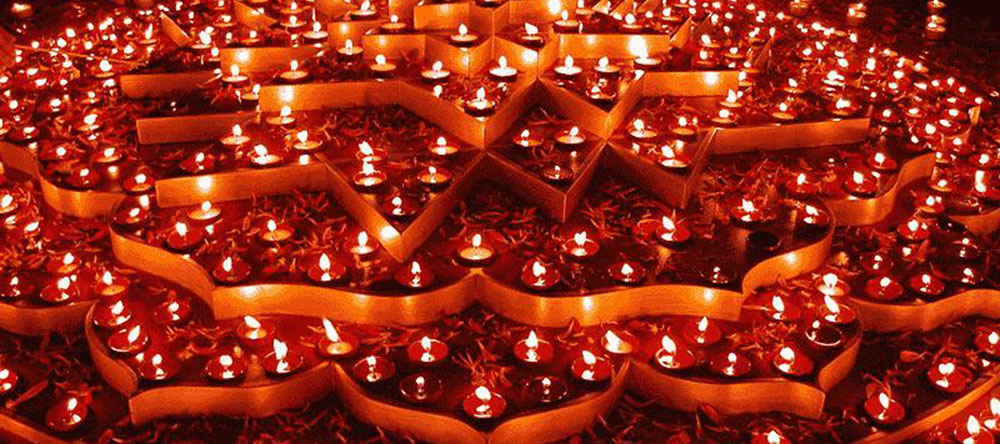
Hajj Festival - September
The Hajj festival is based on a pilgrimage to mecca and is the most important of all muslim festivals. Muslims celebrate this day by giving to the poor and believe in doing so they will be blessed for their deeds.
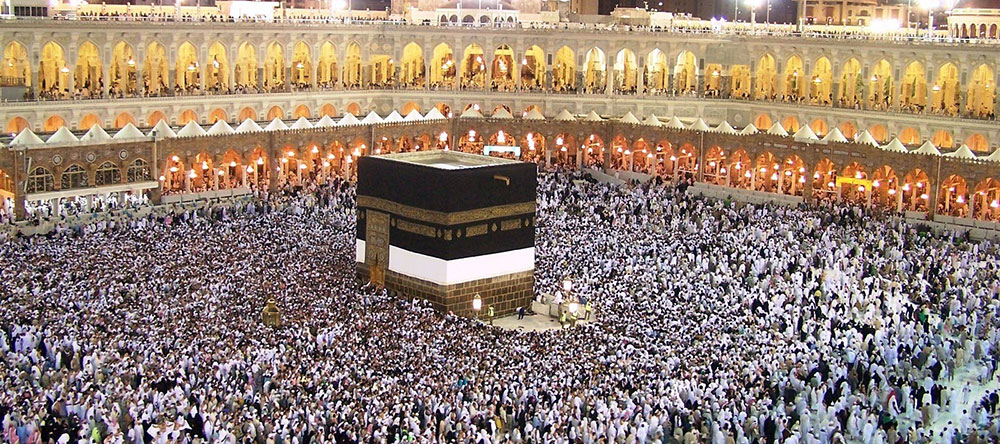
Christmas - December
The Christmas is based on a pilgrimage to mecca and is the most important of all muslim festivals. Muslims celebrate this day by giving to the poor and believe in doing so they will be blessed for their deeds.
